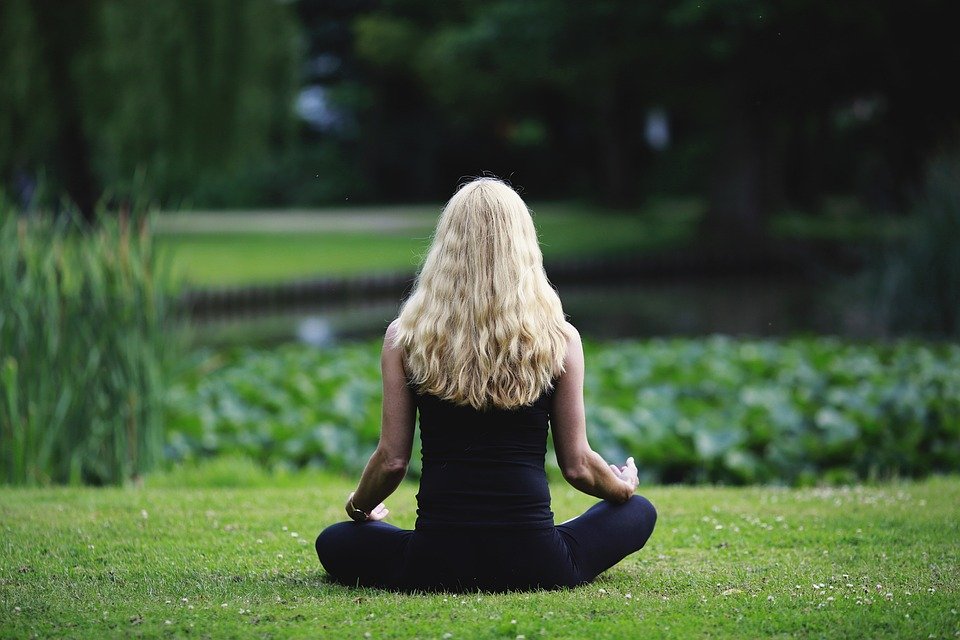Advice on mindfulness-based therapies
Mindfulness is a technique that is used in many different types of therapies including mental health for both young and old. It has been shown that people who use mindfulness techniques throughout their day have reduced stress levels and an increased sense of well-being.
Becoming hyper-aware and paying attention to the moment is what you will experience with mindfulness. You are in a state of being in which you are focused on the here and now. You are acknowledging your present-moment thoughts, what you are thinking and feeling; this will allow you to fully experience the sensations of your body all without judgment.
This way of experiencing life brings many benefits, physically, mentally, and emotionally.
Many of us seem to live a fast-paced life this can be due to many things, our career, our perception of how we should live our lives, our environment, our social circle. However, if we just took a moment to slow down our perception of the world and ourselves we would gain more from each positive experience and ultimately giving us more brain power to make better decisions.
Psychologists agree that living in the present is the best way to maintain mental health, happiness, and well-being.
Whether you have a mental, physical or no condition at all, mindfulness training can be valuable in helping you experience life more fully, you may find relief and may find yourself making decisions that will benefit you.
There are many simple ways you can be more mindful and incorporate this into your lifestyle.
Be mindful as soon as you wake up. Set the tone for your day by being aware as soon as you open your eyes, this will help to increase the likelihood of other mindful moments during the day. Don’t start your day looking at your phone, answering emails or watching TV. Have a quiet moment with a cup of tea or coffee to set the pace for your day.
Practice mindfulness during routine activities. Try bringing awareness to the daily activities you usually do on autopilot. For example look closer at the sights you see on route to work. Think of the sounds, the smell the people you may pass. Eat your lunch and focus on the smell, taste, and feel of your food. You will see that your daily routines are far more interesting than you think.
Allow your thought pattern to wander. Don’t be afraid to ‘think out of the box’ experiment with your brain and thoughts and then allow your self to bring it back to the task at hand.
Keep it short. Our brains respond better to bursts of mindfulness, So being mindful several times a day is more helpful than a lengthy session. For instance, how do your fingers feel when you are typing on the keyboard at work, do you use a lot of pressure? Are you light-fingered, is there pain, are you fingers cold or hot. This line of thought can take mere moments and you can partake numerous times a day without it affecting your daily routine.
Utilise your spare time. How often will we be waiting for a bus, stuck in traffic, your dinner to cook or your favourite TV programme to start? We could see this as frustrating or irritating, but turn this around and utilise the time to be mindful, breath slowly, take your thoughts elsewhere think of the beautiful colour around you and how they work together in harmony. Your time will soon pass in a more constructive and beneficial way.
If mindfulness does not come naturally in your daily routine, find a prompt to remind you. A vibration or alarm on your phone. A certain time of day, for example, a tea or lunch break, a certain point on route home like a bridge you go under or tree you pass. Gradually you will not think about being mindful, it will just happen.
Meditation is an ideal way to incorporate mindfulness into your life. Meditation helps us tap into mindfulness with little effort, find a local class or try an audible option.
Benefits of mindfulness
Mindfulness therapy can help people avoid stress-related illnesses and will help in making better decisions in their life.
Other uses in the physical realm are being aware of and dealing with symptoms of chronic diseases in order to make better decisions about what to do next.
Help to cope with pain ( this will not take the pain away) but allow you to enjoy life more.
Mindfulness therapy for mental health has proven to be the most powerful in treating patients who have had several episodes of Major Depression. It has also been proven effective for help with anxiety, panic attacks, and even at times with acute episodes of psychosis.
Lilly Light


